DERMATOLOGY
Dermatology focuses on the diseases of the skin, hair and nails. At Dermatology and Plastic Surgery of Arizona we know the importance of maintaining healthy skin not only for your outward appearance but also for your overall health. We are here to help you with any condition that might be of concern. We also can help educate you regarding healthy skincare habits, skin disease prevention and maintenance. Check out our Skin Fitness Pyramid and learn about skincare options from prevention to reversal.
Dr. Weyer’s primary focus is in skin cancer evaluation, management and treatment. In addition, he provides full service dermatology care treating all aspects of skin disease.
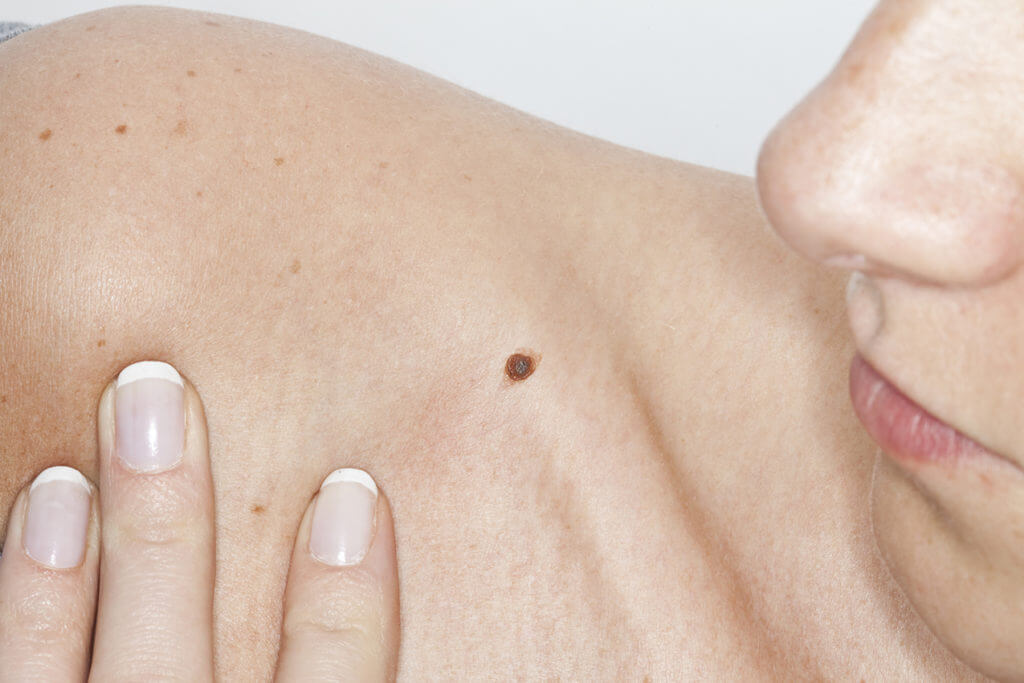
Skin Cancer Screening
Dermatology focuses on the diseases of the skin, hair and nails. At Dermatology and Plastic Surgery of Arizona we know the importance of maintaining healthy skin not only for your outward appearance but also for your overall health. We are here to help you with any condition that might be of concern. We also can help educate you regarding healthy skincare habits, skin disease prevention and maintenance.
>> Dr. Weyer’s primary focus is in skin cancer evaluation, management and treatment. In addition, he provides full service dermatology care treating all aspects of skin disease.
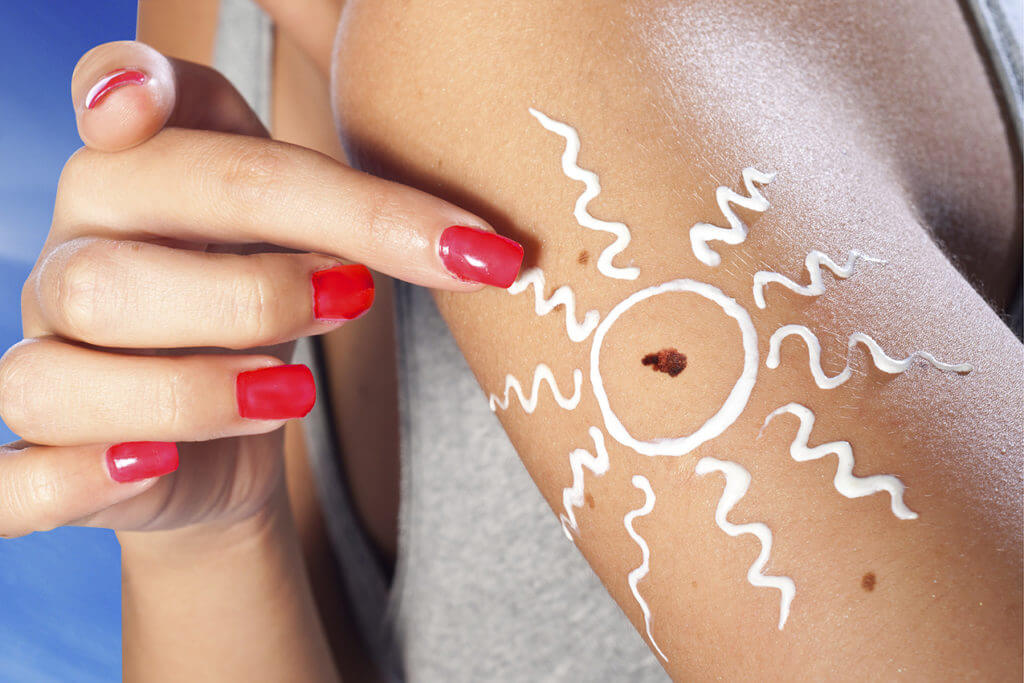
Skin Cancer Surgery
There are several effective methods for eliminating basal cell carcinoma and squamous cell carcinoma. The choice of treatment is based on the type, size, location and depth of the tumor as well as the patient’s age and overall health. Treat is almost always performed as an outpatient surgery in the physician’s office or clinic. Local anesthetic is used to make pain or discomfort minimal.
>> The best treatment for depends on the size and stage of the cancer, as well as your overall health.
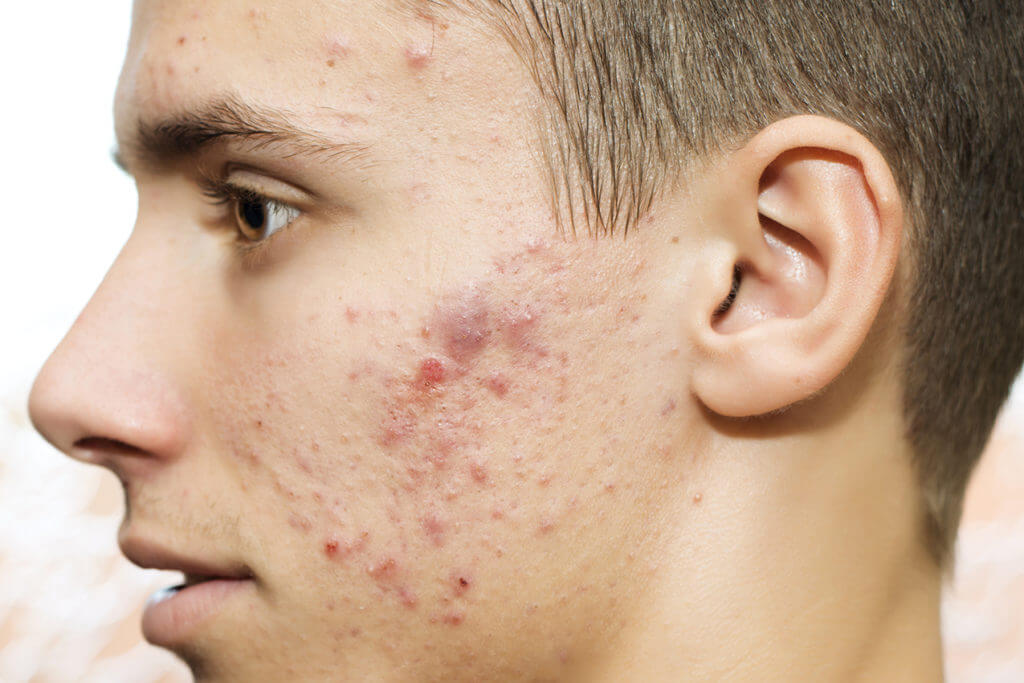
Acne
Acne is one of the most common, chronic disorders affecting the hair follicle and sebaceous gland, causing a blockage of the follicle and inflammation. It mostly affects teenagers but also affects adult males and females of all races and ethnicity. 85% of 16-18 year olds are affected by acne. Acne is characterized by blackheads, whiteheads, pimples, and deep lumps (cysts or nodules) that look like and feel like boils. Acne most commonly occurs on the face, neck, chest, back, shoulders and upper arms.
>> The most common signs of acne are blackheads, whiteheads, papules, pimples, cysts or nodules.
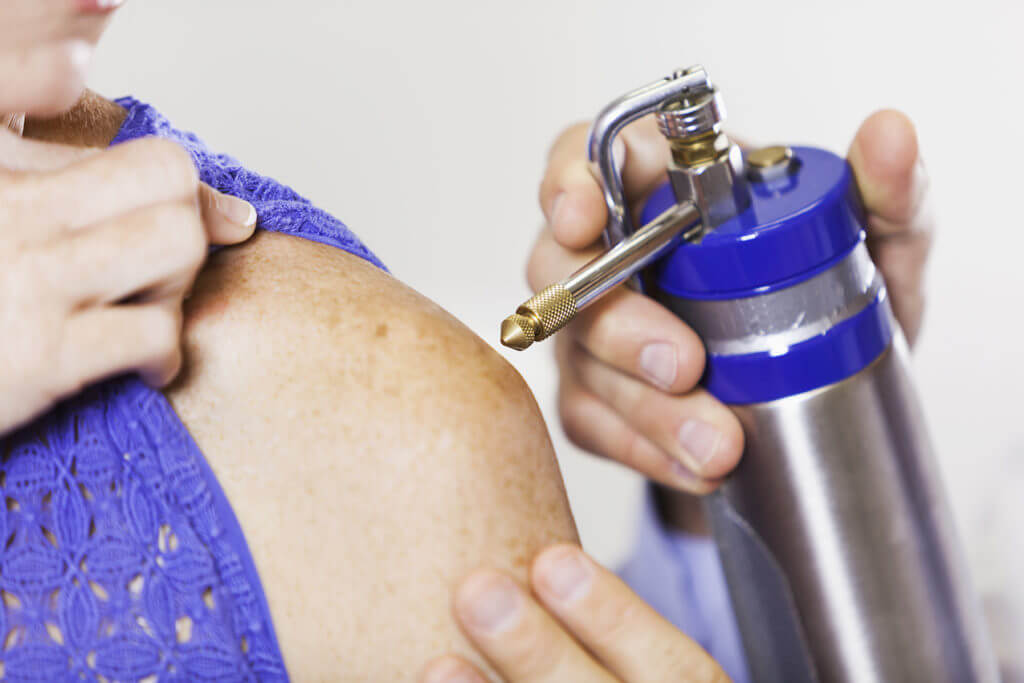
Actinic Keratosis
Actinic Keratosis is a scaly or crusty precancerous growth on one’s skin. It appears on areas of the body that are most often exposed to the sun. The most common areas actinic keratosis develop are on the face, ears, scalp, and backs of hands, shoulders and neck. AKs are known to have a sandpaper texture which is why they are usually detected by touch rather than sight. AKs develop slowly over time and may sometimes disappear only to reappear again later. Most AK’s become red but will also be a tannish or pink color.
>> AKs indicate that you have long term sun damage which can develop into non-melanoma skin cancer.
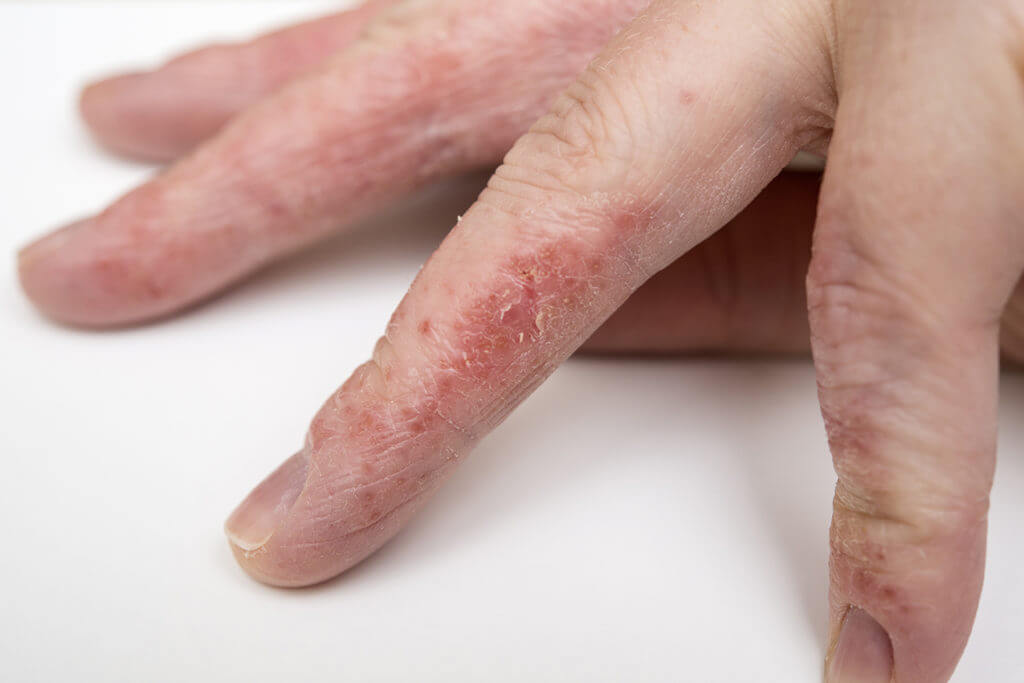
Eczema
Eczema is a condition that makes your skin red and itchy. It is very common in children but can occur at any age. Chronic eczema (atopic) is long lasting and tends to flair periodically. Many people experience eczema on their arms or behind their knees. Babies often experience eczema on their face, especially their cheeks and chin. People with eczema are usually diagnosed with it when they are babies or young children.
>> Symptoms may include itching, red patches, cracked or scaly skin, redness or burning.
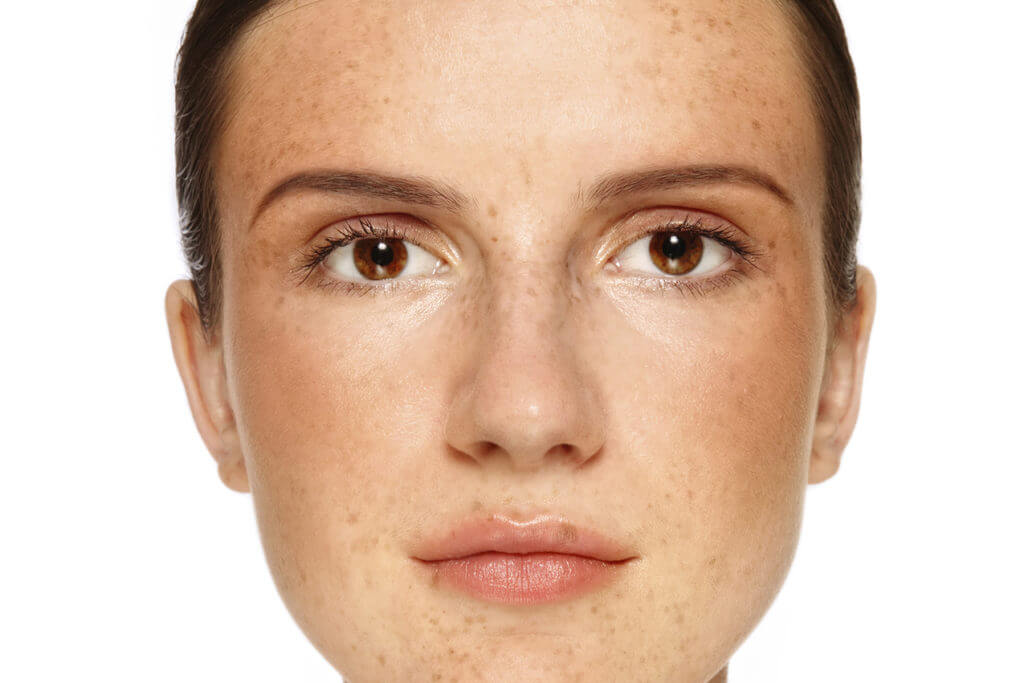
Hyperpigmentation
Melasma is a common skin problem. It causes blotchy, brownish patches on the face. The pigmentation is due to overproduction of melanin. Many people get it on their cheeks, bridge of their nose, chin and forehead. It may also appear on parts of the body that are exposed to large amounts of sun.
>> The cause of melasma is complex. Melasma is a chronic disorder that some believe is linked to genetics.
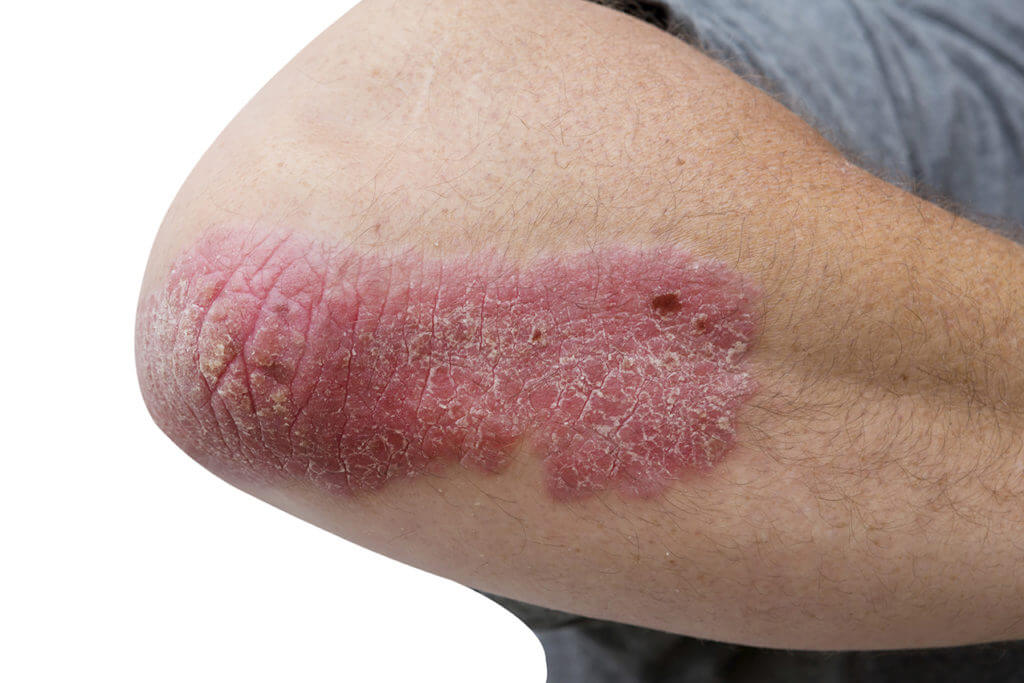
Psoriasis
Psoriasis is a chronic disease. Psoriasis is common, chronic, inflammatory disease of the immune system with skin and joint involvement. It develops when a person’s immune system sends faulty signals that tell skin cells to grow too quickly. The body does not shed the excess skin cells, which causes the skin cells to pile up on the surface of the skin, causing patches of psoriasis.
>> Nearly seven million people in the United States have psoriasis. Psoriasis may also affect the fingernails, toenails, soft tissue and the inside of the mouth.
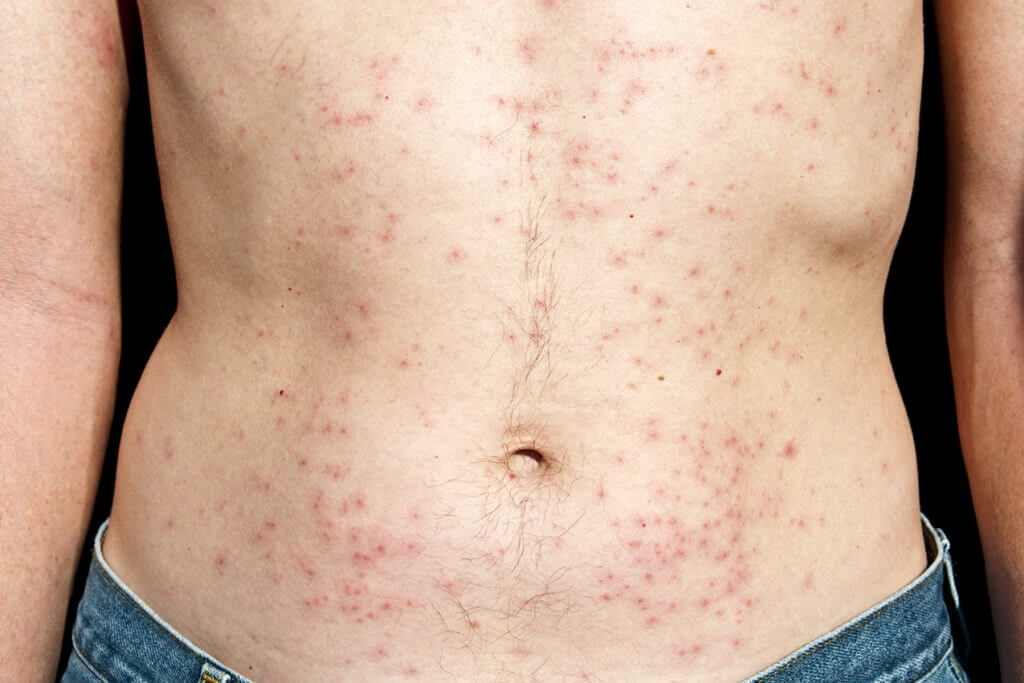
Rashes
“Rash” is a general term used for a wide variety of skin conditions. A rash usually refers to a change in the skin that appears as a red patch, blisters on the skin or small bumps.
>> Skin rashes can occur from a variety of factors, including infections, heat, allergens, medications and immune disorders.
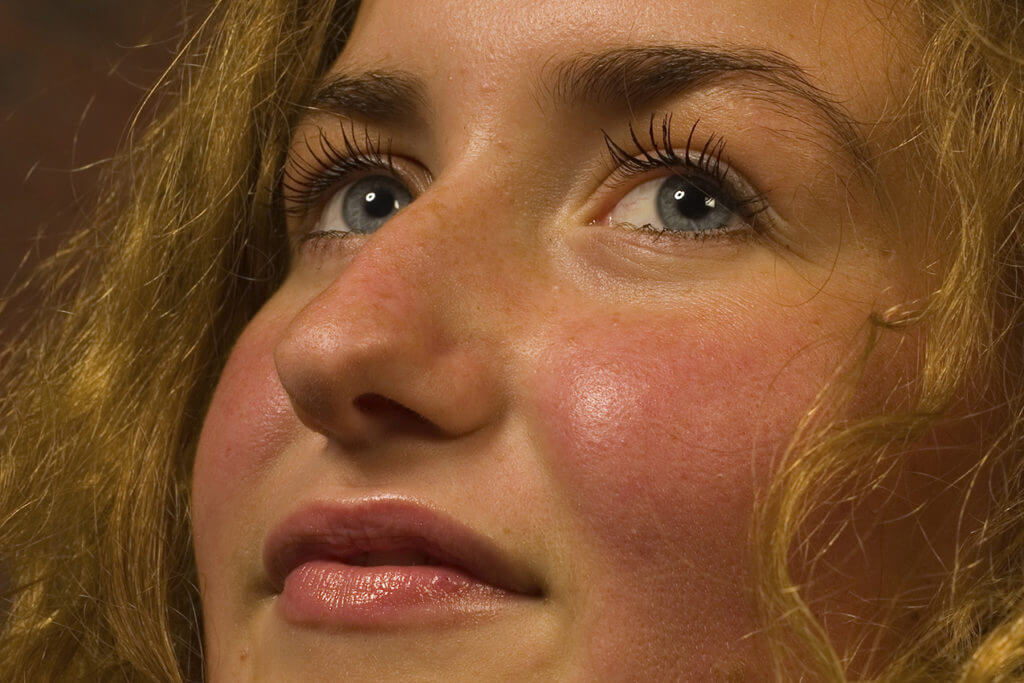
Rosacea
Rosacea is a common chronic skin disease that primarily effects the facial skin and is characterized by flare-ups and reoccurrence. It is estimated that rosacea effects over 16 million Americans and typically begins after age 30. It starts as a redness on the cheeks, nose, chin or forehead. There are many signs of rosacea such as flushing or blushing of the skin.
>> This redness tends to come and go and is usually the earliest sign of the disorder. Persistent redness is the most common sign of rosacea.
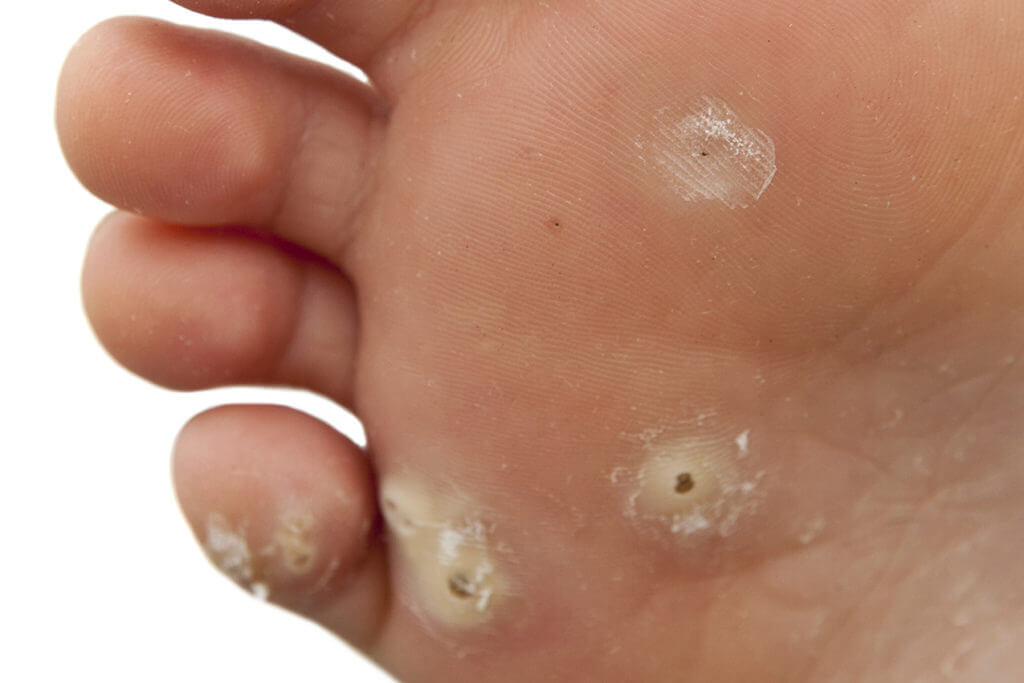
Warts
Anyone can get warts, but some people are more prone to getting a wart than others. Children and teens are the most common individuals to get warts. People who bite their nails or pick hangnails are also more prone to developing warts. Viruses called human papillomavirus (HPV) cause warts. It is important to understand it is easier to catch a virus that causes warts when you have a cut or scrape on your skin. This is an excellent explanation as to why so many children get warts.
>> Warts are a common and annoying infection of the skin. They are caused by viruses that infect the top layer of the skin.
To learn more about Dermatology procedures, or to schedule your consultation with Board-Certified Dermatologist Dr. Weyer, please fill out the form on this page. You can call our Tucson location at 520-207-3100 or our Sierra Vista location at 520-458-1787. We look forward to seeing you soon!

